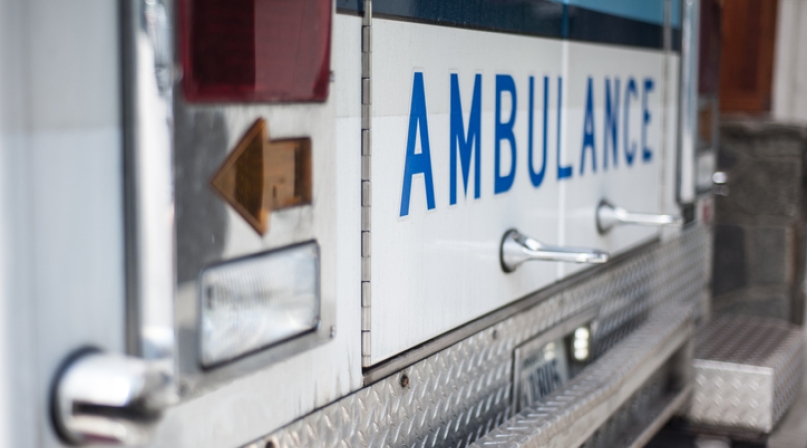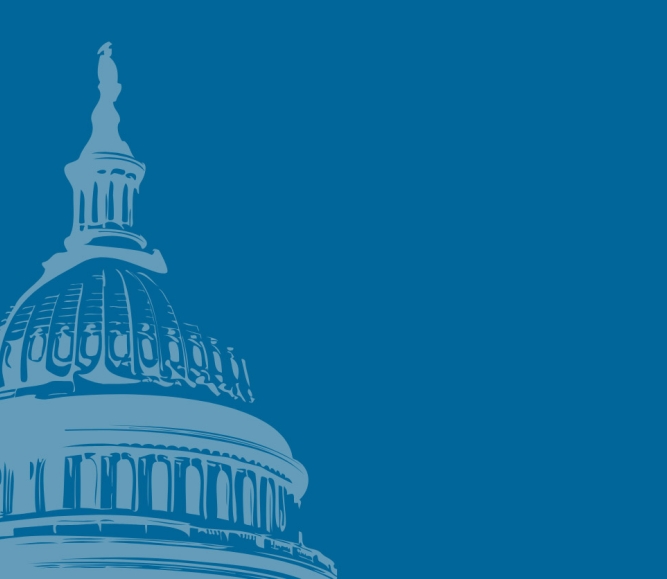House introduces bipartisan bill to support implementation of national 988 suicide lifeline
Author

Blaire Bryant
Upcoming Events
Related News

Key Takeaways
On March 17, Rep. Tony Cárdenas (D-Calif.) introduced the bipartisan 988 Implementation Act (H.R. 7116), which seeks to provide support for states and counties in building local crisis response infrastructure ahead of the launch of the three-digit National Suicide Prevention Lifeline (988) in July 2022.
H.R. 7116 would support the full continuum of local crisis response efforts including call centers, mobile crisis teams and crisis centers, all of which would connect residents in crisis with trained first responders and mental health professionals, evidence-based services, and well-resourced crisis facilities.
If enacted, the bill would do the following:
- Permanent authorization of the $2.24 billion Mental Health Block Grant, which includes a 10 percent set aside for crisis services
- Provide an additional $441 million for over 250 regional and local lifeline call centers across the country
- Expand eligibility for capital development grants under the Health Resources Services Administration (HRSA)
- Expand Federal Medicaid Financing (FMAP) for regional/local 988 call center operations, mobile crisis teams and crisis centers
- Clarify language on Medicaid Institutions for Mental Disease (IMD) payment prohibitions for crisis stabilization services run by community-based programs
- Expand eligibility for the certified community behavioral health clinic (CCBHC) Medicaid demonstrations
For further details on all the provisions included in H.R. 7116, please view the fact sheet and section by section here.
As primary administrators of behavioral health services, counties support federal legislation that ensures that all people have access to comprehensive crisis care services that direct them to appropriate treatment options.
NACo will continue to work with Congress to advance this and other legislation that assists in building county crisis response efforts.
Additional Resources
Resource
Fund Local Crisis Response Efforts

Related News

U.S. House reintroduces legislation to address the Medicaid Inmate Exclusion Policy
Two bipartisan bills aimed at addressing the Medicaid Inmate Exclusion Policy (MIEP) were recently reintroduced in the U.S. House of Representatives.

House E&C Committee advances SUPPORT Act reauthorization
On April 9, the U.S. House Energy and Commerce Committee marked up the SUPPORT for Patients and Communities Reauthorization Act of 2025. The bipartisan bill aims to reauthorize critical programs that target overdose prevention amid the renewal of the opioid crisis Public Health Emergency declaration.

Bird flu update: What county leaders should know
As of April 7, there have been 70 confirmed cases of bird flu in the United States, but no person-to-person spread has been detected.